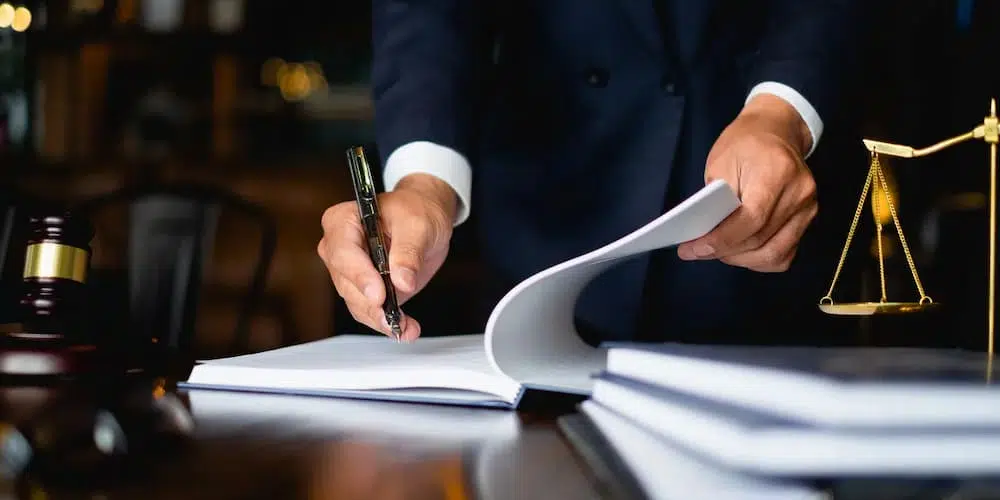

Process servers have a tough job. Not only do they have to track someone down for service, but they are usually the first person to inform them of the impending lawsuit. This conversation can be difficult, but it is important. So, exactly what does a process server do?
A process server is a disinterested person who delivers legal documents to a party involved in a court case. These documents may be a summons to appear, a complaint, or a subpoena calling them to testify.
In Florida, the sheriff serves process in the county where the person to be served is found. Florida law lets the sheriff designate special process servers in their county.
The minimum requirements for a special process server are:
Once the sheriff appoints a process server, they get a badge with a photo. A sheriff’s department can revoke the appointment at any time if they determine that the process server isn’t doing their job adequately.
Process servers can’t just go rogue. There are set rules that govern how, and where, they can serve process.
Personal service is when the sheriff hand-delivers the paperwork to the defendant, either at their home or someplace in public.
A person can also be served at work, but the process server can’t just show up out of the blue. Instead, they’ll need to contact the employer and let them know that they are planning to serve the person at work. Then the employer must set up a private area for their employee to receive service. If the employer doesn’t cooperate, they can be fined $1,000.
Sometimes Florida law allows a process server to leave documents with someone other than the intended person to be served. Substituted service is valid and acceptable under a few limited circumstances.
For example, if the person isn’t home, the process server can leave the documents with someone 15 years or older who also lives there. The sheriff can also serve process on the spouse of the intended target if the spouse requests it or is a party to the case, and the spouses live together. A spouse cannot receive process if they are opposing parties, like in a divorce or child support matter.
Furthermore, business owners can be served by leaving the paperwork with the person in charge. However, process servers can only do this after two failed attempts to serve the owner during regular business hours.
There are also exceptions for substituted service in certain types of cases, like car accidents, when the other driver lives out of state.
There are strict rules for process servers and if they break them, service may be invalid and deemed unenforceable.
Process servers cannot commit a crime to serve someone. This means that they can’t break into someone’s home to gain access to them. They also can’t threaten the person to be served, or harass them. However, they can conduct a “stakeout” and wait for them outside of their home, or other places that they are known to frequent.
Process servers cannot lie to anyone about their identity or their job. They must identify themselves as either the sheriff or a designated process server and explain their purpose, which is to serve an official court document. Process servers cannot downplay the importance of the service.
Florida law prohibits process servers from serving court papers on Sundays. If they violate this rule, service is void and they may be liable for damages. However, if a process server has reason to believe that the person to be served is going to leave the state under the protection of Sunday, they can request special permission from the court for an exception.
If you’ve been injured in an accident in Tampa, FL, and need legal help, contact our Tampa personal injury lawyers at Catania & Catania Injury Lawyers to schedule a free consultation.
We also provide legal assistance throughout the Tampa Bay Area including Clearwater, St. Petersburg, Sarasota, and Bradenton.